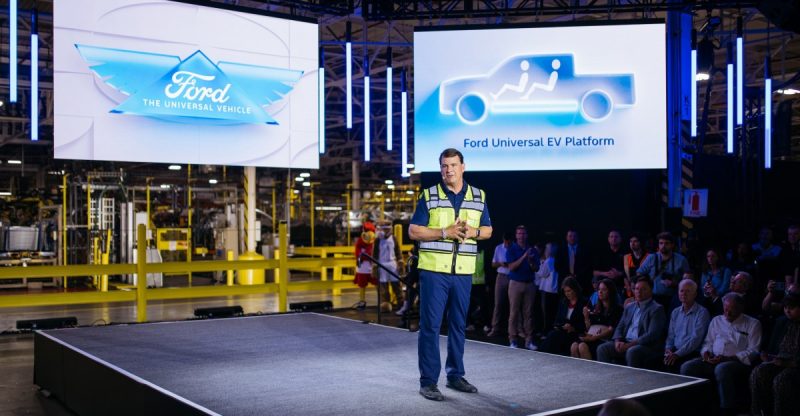
Despite President Trump’s vocal opposition to electric vehicles and his efforts to dismantle clean energy initiatives, the momentum towards affordable EVs in America remains strong. Ford’s recent announcement of a new, competitively priced electric truck signals a significant shift in the market, potentially making EVs accessible to a much wider range of consumers.
Trump’s administration has actively worked to undermine policies designed to promote clean technologies, including rolling back environmental regulations and attempting to curtail incentives for EV adoption. The planned expiration of the $7,500 federal tax credit for new electric cars, along with credits for used and commercial EVs, is a key example of this strategy. His public feud with Elon Musk, CEO of Tesla, further highlights this anti-EV stance.
However, the market forces driving the EV transition appear to be too powerful to ignore. The increasing affordability and range of electric vehicles, coupled with growing consumer demand for sustainable transportation options, are creating a powerful wave of change. Ford’s move to produce a sub-$30,000 electric truck directly challenges the notion that EVs are only for the wealthy, suggesting a broader market penetration is imminent.
The success of Ford’s strategy will depend on several factors, including consumer acceptance, the availability of charging infrastructure, and the continued development of battery technology. Nevertheless, the company’s confidence in launching a budget-friendly electric truck suggests a belief that the market is ripe for disruption. This move, regardless of political headwinds, indicates a significant step towards a more sustainable and accessible transportation future in the United States.
Ultimately, while Trump’s policies may create temporary obstacles, they are unlikely to derail the long-term trend towards widespread EV adoption. The economic and environmental benefits of electric vehicles, combined with the growing technological advancements and consumer demand, suggest that the future of transportation is electric—and increasingly affordable.










